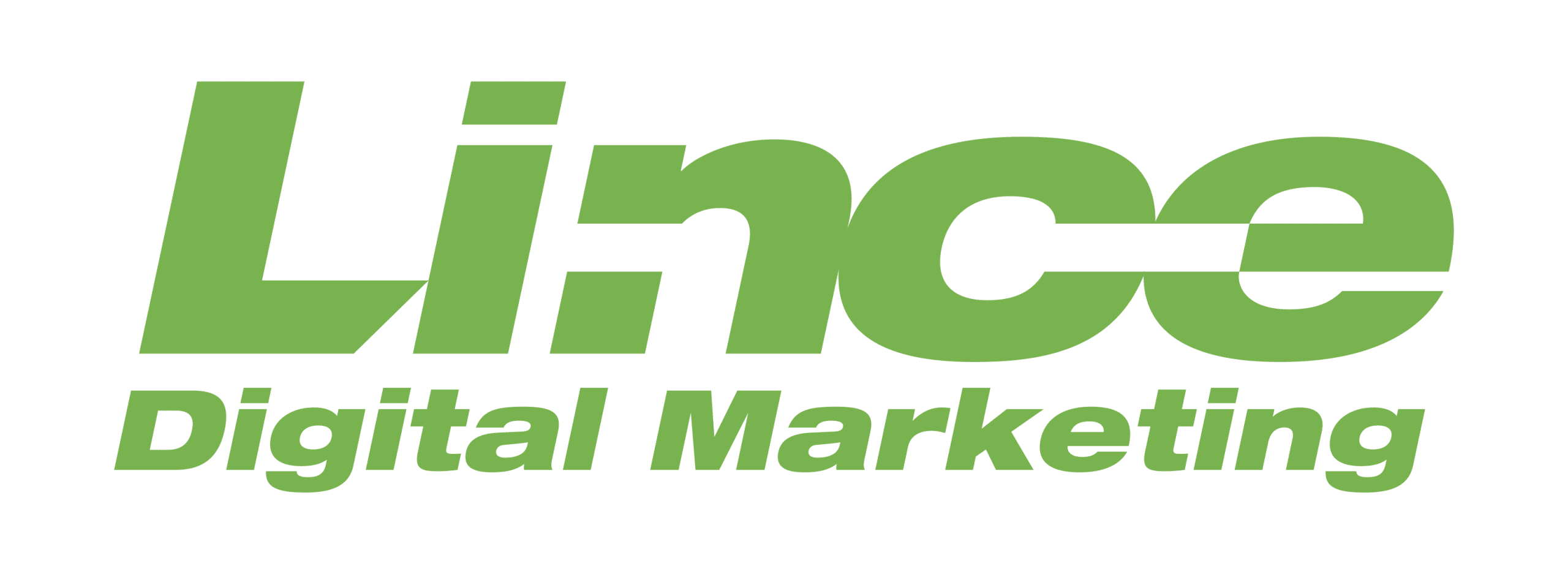Guide to choosing the right CRM for your business.
Here’s our guide to choosing the right CRM for your business! Building strong and lasting relationships with your customers is crucial in today’s fast-paced and competitive market. That’s where Customer Relationship Management (CRM) systems come into play. A CRM helps businesses streamline their marketing, sales, and customer service processes by providing a centralized platform to manage customer interactions.
But with so many different CRMs available in the market, how do you choose the perfect one for your business? Don’t worry; we’ve got you covered! In this comprehensive guide, we will walk you through the various types of CRMs and critical factors to consider when deciding and providing recommendations for small and large businesses.
So whether you’re a startup looking to optimize lead generation or an established enterprise aiming to enhance customer retention strategies – sit back, relax, and let us help you navigate the world of CRMs. Get ready to take your business relationships to new heights! Let’s dive in!
What is a CRM?
What is a CRM? Customer Relationship Management (CRM) is a technology-driven approach that helps businesses manage and analyze their interactions with current and potential customers. It provides a systematic way to organize customer data, track communication history, and streamline sales processes.
A CRM is the central hub for all customer-related information, enabling businesses to gain valuable insights into customer behaviors, preferences, and needs. Companies can personalize their marketing efforts, improve sales conversions, and deliver exceptional customer service by having a comprehensive view of each customer’s journey.
CRMs come equipped with various features such as contact management, lead tracking, opportunity management, task scheduling, and email integration – to name a few. These functionalities empower businesses to manage their relationships effectively throughout the customer lifecycle.
Moreover, CRMs offer robust reporting capabilities that allow users to generate insightful analytics on key performance metrics like sales revenue generated from leads or overall customer satisfaction levels. This data-driven approach enables businesses to make informed decisions about marketing strategies and optimize their general operations.
In today’s competitive landscape, where customers expect personalized experiences at every touchpoint with your brand, implementing an effective CRM system is no longer optional – it’s essential for success! So whether you’re a small business or an enterprise-level organization – investing in the right CRM solution can revolutionize how you engage with your customers.
The different types of CRMs
When choosing the right CRM for your business, it’s important to understand that different types are available. Each class has unique features and functionalities catering to specific needs and requirements. Here are some of the different types of CRMs you should consider:
1. Operational CRM: This type focuses on automating and improving day-to-day operations such as sales, marketing, and customer service. It helps streamline processes, manage leads effectively, and enhance customer interactions.
2. Analytical CRM: Analytical CRMs are designed to analyze large data sets to gain valuable insights into customer behavior patterns, preferences, and trends. This information can then be used for informed decision-making and targeted marketing strategies.
3. Collaborative CRM: As the name suggests, collaborative CRMs promote collaboration among different teams within an organization by providing a centralized platform for sharing information and communicating with customers.
4. Strategic CRM: Strategic CRMs focus on long-term relationship building with customers through personalized communication strategies based on their needs and preferences.
5. Social CRM: With the rise of social media platforms, social CRMs help businesses leverage these channels to engage with customers in real time by monitoring conversations, responding promptly to queries or complaints, and gathering feedback.
Understanding the different types of CRMs will help you narrow down your options based on what your business requires regarding functionality and goals.
How to choose the right CRM for your business
When choosing the right CRM for your business, several factors must be considered. First and foremost, you need to assess your specific needs and requirements. What are your goals? What functionalities do you need from a CRM system? Understanding these aspects will help you narrow down your options.
Next, consider the scalability of the CRM software. As your business grows, so will your customer base and data volume. Choosing a system that can handle increasing demands is crucial without compromising performance.
Integration capabilities are also essential. Look for a CRM that seamlessly integrates with other tools and platforms you use in your business operations. This will ensure smooth data flow and avoid any manual workarounds.
Another critical factor is user-friendliness. The CRM should be intuitive and easy for administrators and end-users to navigate. A complicated interface can lead to frustration among employees, affecting productivity.
Pricing is another aspect to be considered. Consider the cost of implementation, training, ongoing maintenance fees, and any additional modules or customization required.
Remember customer support. Ensure the CRM provider offers reliable customer support channels such as phone or email assistance when needed.
By considering these key factors – needs assessment, scalability, integration capabilities, user-friendliness, pricing, and customer support – you can make an informed decision when selecting the right CRM solution for your business.
The top CRMs for small businesses
When it comes to choosing the right CRM for your small business, there are several options available that can help streamline your sales and marketing processes. Here are some of the top CRMs that are specifically designed for small businesses:
1. Salesforce: Known as one of the most popular CRM platforms, Salesforce offers a comprehensive set of tools and features tailored to meet the needs of small businesses. It allows you to manage leads, track customer interactions, automate tasks, and analyze data all in one place.
2. HubSpot: With its user-friendly interface and robust functionality, HubSpot is an excellent choice for small businesses looking to manage their customer relationships effectively. It provides tools for lead generation, email marketing automation, contact management, and analytics.
3. Zoho CRM: Zoho CRM offers a range of features at an affordable price point, making it ideal for startups and small businesses on a budget. It includes lead management capabilities, email marketing integration, social media monitoring tools, and customizable dashboards.
4. Pipedrive: Designed with simplicity in mind, Pipedrive is perfect for small teams or solopreneurs who want a straightforward CRM solution. Its visual pipeline view lets you easily track deals through each sales process stage.
5. Insightly: Aimed at helping small businesses build strong customer relationships effortlessly; Insightly offers features such as contact management, project organization tools, and email integration.
Remember that finding the right CRM for your business depends on budget constraints, ease of use, integration requirements, and specific business needs.
Make sure to evaluate these factors before making your final decision!
The top CRMs for large businesses
When it comes to large businesses, choosing the right CRM can significantly impact their operations and success. With so many options, finding the top CRMs for large companies requires careful consideration.
One of the leading CRM solutions for large businesses is Salesforce. Known for its robust features and scalability, Salesforce offers many tools to manage customer relationships effectively. It provides comprehensive sales and marketing automation, lead management capabilities, powerful analytics, and customizable workflows.
Another popular choice among large businesses is Microsoft Dynamics 365. This cloud-based CRM platform integrates seamlessly with other Microsoft products like Outlook and Excel, making it convenient for users familiar with these tools. Dynamics 365 offers advanced sales and service management functionalities and AI-driven insights to optimize customer engagement.
For those looking for an open-source option that can be customized according to their specific needs, SuiteCRM is worth considering. Built on SugarCRM’s foundation, SuiteCRM provides enterprise-level features such as contact management, opportunity tracking, email integration, workflow automation, and reporting.
Oracle CX Cloud is another top CRM solution suitable for large enterprises. Its comprehensive suite of applications covers various aspects of customer relationship management, including sales force automation (SFA), marketing automation (MA), service automation (SA), commerce experiences (CX), and data management platforms (DMP).
Last but not least, SAP Customer Experience allows organizations to deliver personalized omnichannel experiences across all touchpoints throughout the customer journey while also providing advanced analytics capabilities.
These are just a few examples of top CRMs catering to large businesses’ needs by offering extensive functionality tailored toward managing complex operations efficiently.
Conclusion
Choosing the right CRM for your business is a critical decision that can significantly impact your marketing and sales efforts. By understanding what a CRM is, the different types available, and how to evaluate your specific needs, you can make an informed choice that will enhance customer relationships and drive growth.
Remember that not all CRMs are created equal. Small businesses may benefit from more affordable options with basic features, while larger enterprises may require robust platforms with advanced customization capabilities. When selecting a CRM, it’s important to consider factors such as scalability, integration capabilities, user-friendliness, and customer support.
For small businesses looking for cost-effective options without compromising functionality, some of the top CRMs include HubSpot, Zoho, and Pipedrive. These platforms offer essential features like contact management, lead tracking, email automation, and reporting tools.
Salesforce and Microsoft Dynamics 365 are two of the most popular choices for larger businesses. Each platform offers comprehensive features and scalability to meet the needs of large organizations. Oracle CX Cloud is also a popular option for large enterprises who want an open-source CRM with a wide range of features.
Remember to carefully evaluate your business carefully needs when selecting a CRM. Doing so ensures that the right solution will help you build strong customer relationships effortlessly.















